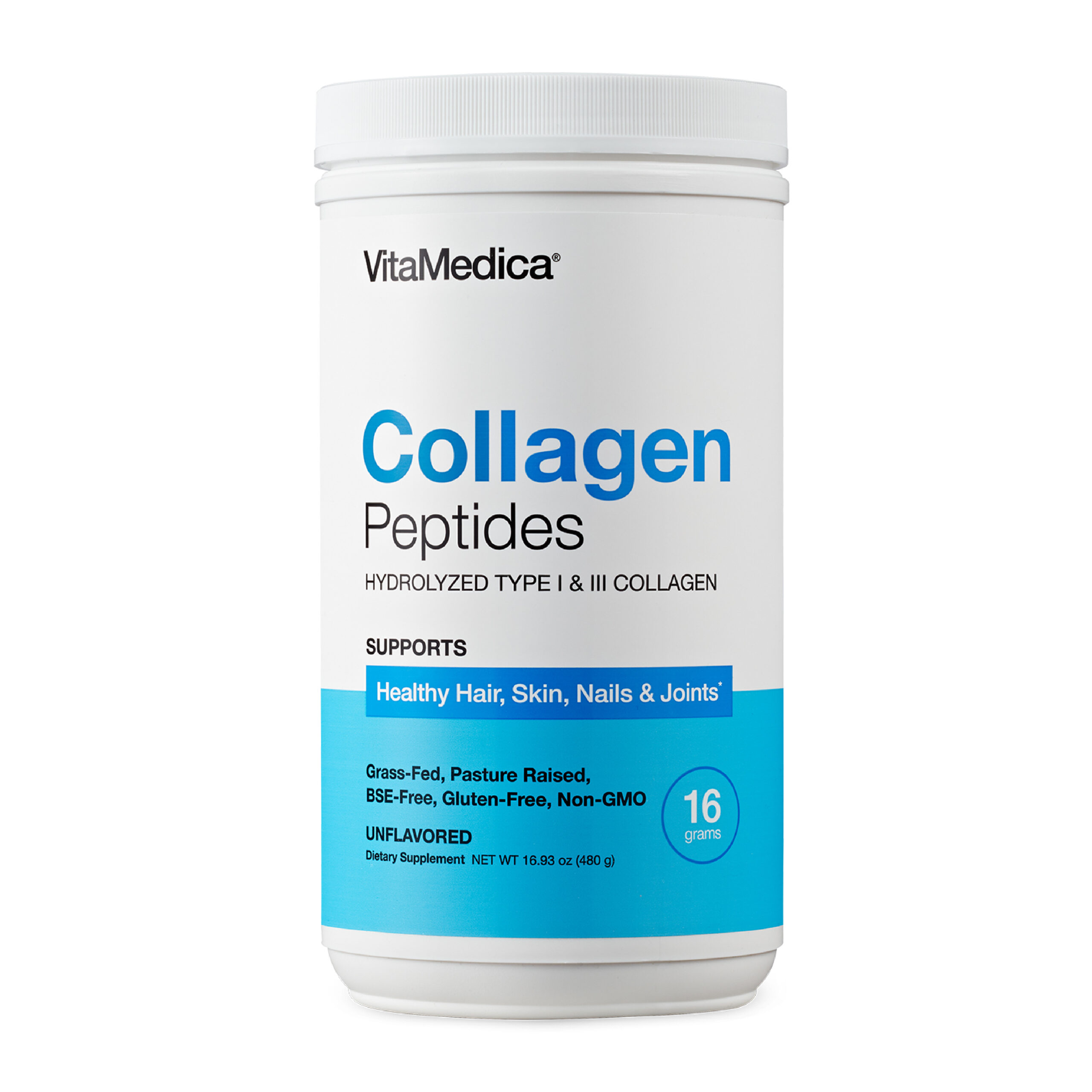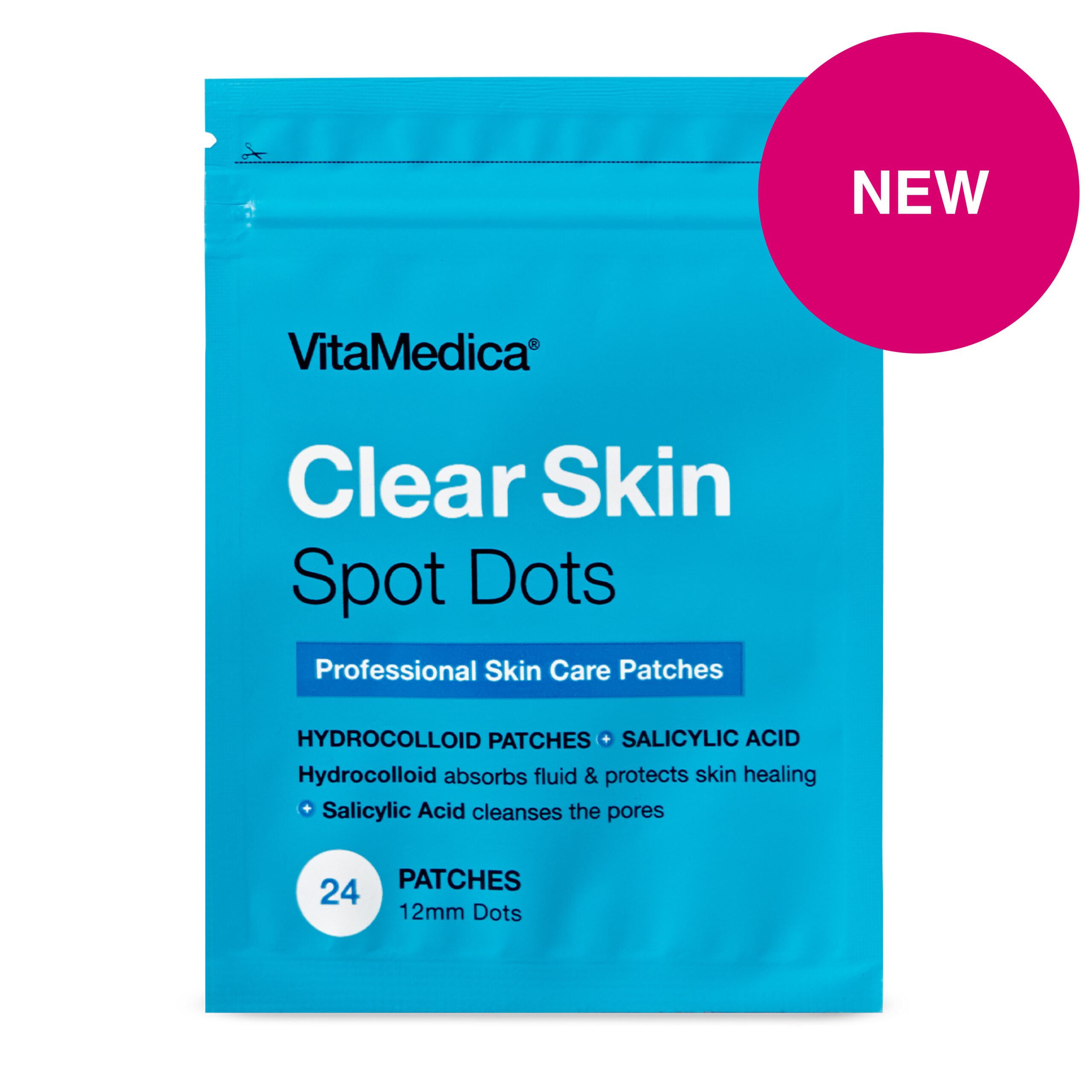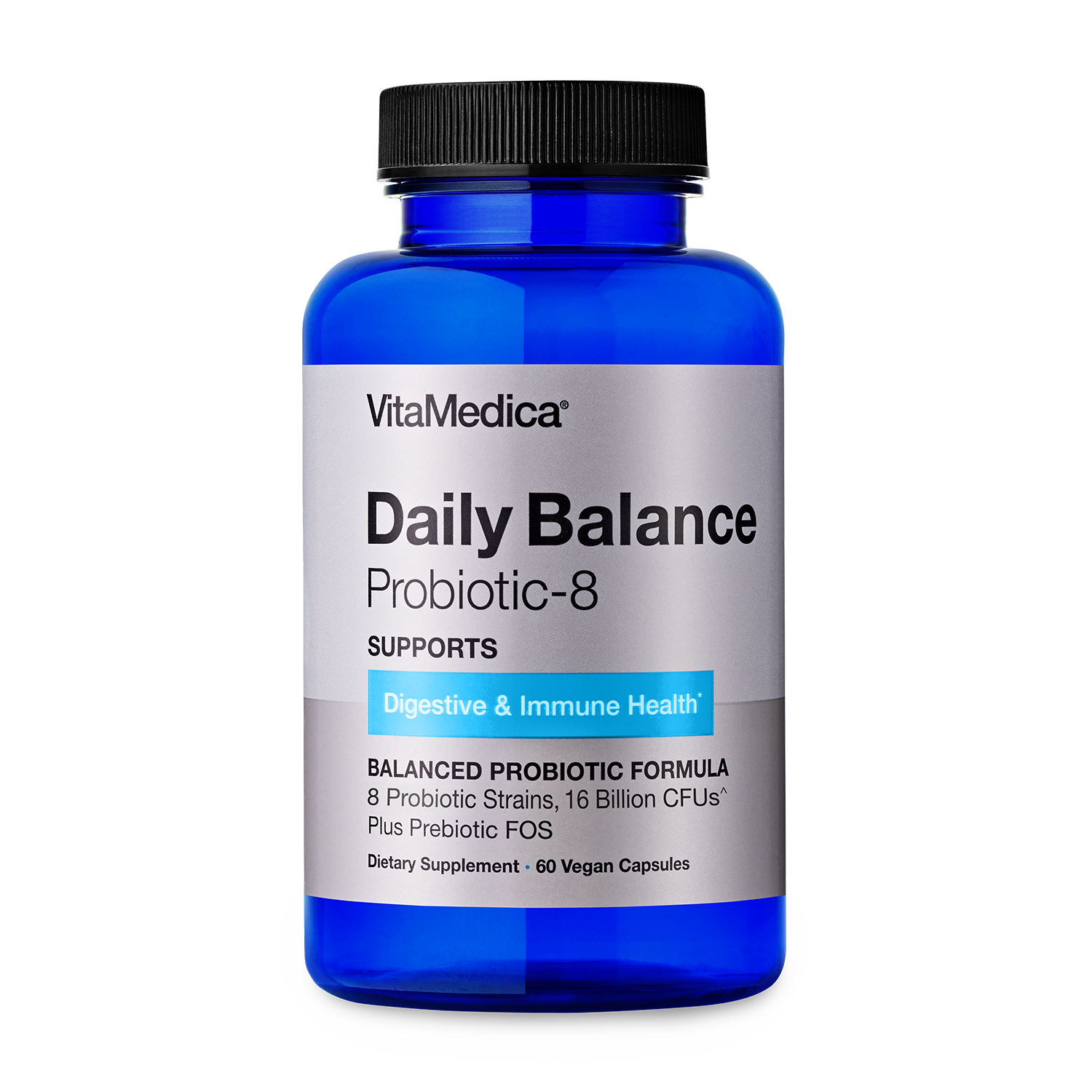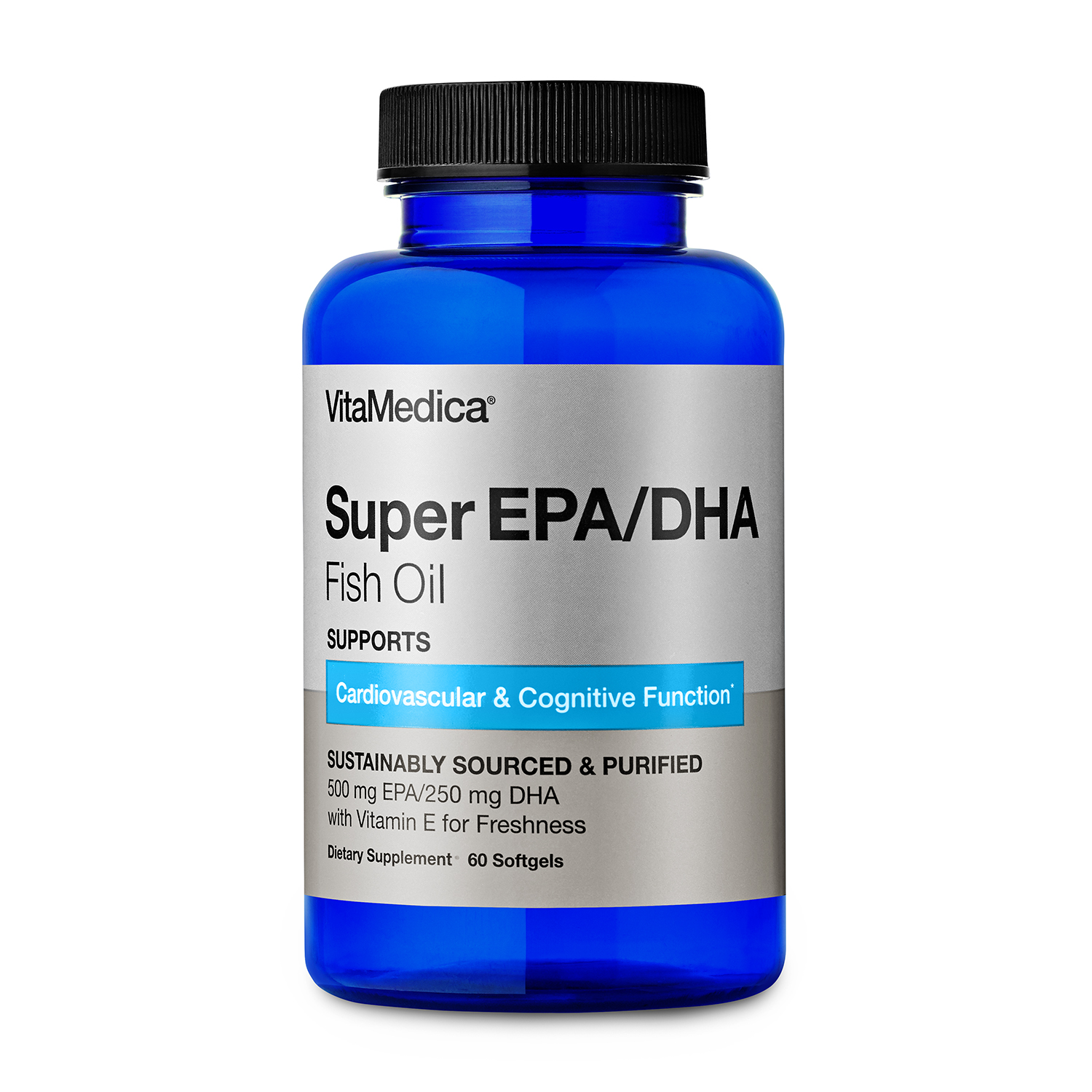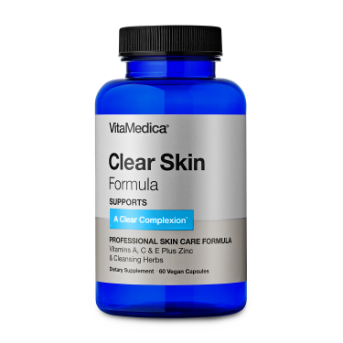VITAMINS FOR SKIN
Skincare products can work wonders for your complexion, but to have truly beautiful, clear, smooth, even-toned skin, you need vitamins for skin plus nutrients to nourish it from within. Not just any vitamins will do, either. Do you know what are the best vitamins for healthy skin and why?
What is a Vitamin?
Vitamins are necessary nutrients the body uses to maintain nearly all its functions, including those like metabolism and immunity. There are two types of vitamins, water-soluble and fat-soluble, with 13 considered “essential” vitamins.
Water-soluble vitamins are easily destroyed by high temperatures, like in cooking, and excess amounts are not stored in the body but removed as waste. They include thiamin, riboflavin, niacin, B6, B12, biotin, folic acid, pantothenic acid, and vitamin C.
Fat-soluble vitamins need fat to be absorbed, and they are stored in fat cells when there are excess amounts, meaning they can be toxic, as they are not removed from the body. They include vitamins A, D, K, and E.
How Do Vitamins for Skin Help Your Complexion?
As we age, our bodies produce less collagen and elastin, leading to dull, wrinkled, sagging skin. These proteins are associated with healthy, youthful-looking skin, so maintaining their production requires many essential micronutrients, or vitamins, that help support the development of collagen and elastin.
Vitamins for skin also play a role in a healthy-looking complexion by providing the necessary nutrients to keep your skin in optimum condition. Vitamins like A, C, D, E, and the B vitamins support skin health by fighting free-radical damage, increasing cellular turnover, boosting circulation, and boosting hydration, leading to fewer dark spots, less redness, fewer wrinkles, fewer rough patches, and less dryness.
Are There Any Vitamins for Clear Skin?
Studies have shown that several vitamins play an important role in acne: vitamin A and the carotenoids, pantothenic acid (B5), vitamin B6, vitamin E, vitamin C, and bioflavonoids. When combined with topical retinoids, these vitamins for clear skin help support the development and maintenance of blemish-free, healthy-looking skin.
What Are the Best Vitamins for Healthy Skin?
Here’s a list of the best vitamins for skin that you want to ensure you get from diet, supplements, or both.
Vitamin A
Function/Role in Skin Health: Vitamin A is a fat-soluble vitamin that plays a key role in skin health by reducing sebum production and the buildup of keratin in the follicle. For this reason, vitamin A is often one of several vitamins for clear skin.
Vitamin A helps stimulate growth of the base layer of the skin cells, allowing healthy skin cells to form, meaning fewer wrinkles, less discoloration, and smoother skin. It also helps cells to differentiate normally and gives them their structural integrity. Lower levels of vitamin A may increase the severity of acne.
Skin Supplements: Vitamin A comes in two forms: retinyl palmitate and carotenoids.
To balance safety and efficacy, look for skin supplements formulated with both retinyl palmitate and a natural, mixed carotenoid blend like Betatene®. This well-researched ingredient is better absorbed than synthetic forms of carotenoids.
Recommended Dosage: Aim to take a daily dosage of 5,000 IUs of vitamin A (from retinyl palmitate) and 7,500 IUs of vitamin A (from a carotenoid source), for total of 12,500 IUs.
Vitamin C
Function/Role in Skin Health: Vitamin C is a water-soluble vitamin that is essential for the development of collagen, the most abundant protein in the body. Collagen provides structural support to the skin. Vitamin C is also a potent antioxidant that works in concert with vitamin E to protect cells from free-radical damage.
Vitamin C may also help boost collagen production, protect skin from sun damage, counteract free radicals that cause wrinkles and sagging, fade dark spots, and help to brighten skin.
Skin Supplements: The most common form of vitamin C used in supplements is ascorbic acid, which has a high rate of bioavailability. Supplements should also include bioflavonoids, which are required for absorption of vitamin C as they both work together in the body.
Recommended Dosage: Aim to take a daily dosage of 300 mg of vitamin C and 100 mg of bioflavonoids.
Vitamin E
Function/Role in Skin Health: Vitamin E is a fat-soluble antioxidant that prevents the oxidation of fats in the body. The oxidation of sebum, damaged by bacterial growth, may be responsible for the inflammatory aspects of acne. Vitamin E prevents irritating oxidation of sebum. Vitamin E is also important for the proper functioning of vitamin A.
Vitamin E may also help protect the cell membrane, retain moisture in the skin, protect against UV damage, and fight free radical damage (breaks down collagen). For these reasons, vitamin E is considered one of the important vitamins for healthy skin.
Skin Supplements: Take a supplement that is formulated with vitamin E from a natural mixed blend of tocopherols and tocotrienols.
Recommended Dosage: Aim to take a daily dosage of 100 IUs of vitamin E (natural mixed tocopherols) and 5-10 mg of vitamin E (from natural mixed tocotrienols).
Vitamin D
Function/Role in Skin Health: Vitamin D is a fat-soluble vitamin that in its active form, Calcitr0l, sets off a chemical reaction within keratinocytes, special cells that divide and differentiate constantly. Keratinocytes make up around 95% of skin cells, so the rate of cell renewal is directly linked to the presence of vitamin D.
A deficiency in vitamin D may lead to thinner, more fragile, sagging skin, and may also contribute to the development of skin conditions such as acne and psoriasis.
Skin Supplements: Vitamin D is usually found as vitamin D3 in supplements.
Recommended Dosage: Aim to take a daily dosage of at least 600 IUs for vitamin D3.
Vitamin K
Function/Role in Skin Health: Vitamin K is an essential fat-soluble vitamin that is needed to aid the body’s process of blood clotting, which helps heal injuries. Research has found that it may support skin elasticity, helping to reduce the appearance of wrinkles, as well as help improve skin conditions such as stretch marks, spider veins, scars, and dark spots, including dark circles under the eyes.
Skin Supplements: Vitamin K is found in supplements as both vitamin K1 and K2, with K2 more readily available.
Recommended Dosage: Aim to take a daily dosage between 90 and 120 mcg per day.
The B-Complex
Vitamin B3 Niacin
Function/Role in Skin Health: Vitamin B3 is a water-soluble B vitamin that is necessary for maintaining healthy cells. By increasing capillary dilation, it plays a role in removing toxins from the body and improving circulation – important because healthy skin repair and maintenance requires bringing essential nutrients to cells, as well as removing waste products like carbon dioxide.
It also supports healthy skin by helping increase production of ceramides and fatty acids that make up skin’s protective barrier and by minimizing dark spots.
Skin Supplements: Vitamin B3, which is usually referred to as niacin, comes in 3 forms: nicotinic acid, niacinamide and inositol hexaniacinate.
Recommended Dosage: Aim to take a daily dosage of 20-45 mg/day of niacin or niacinamide.
Folate (Vitamin B9)
Function/Role in Skin Health: Vitamin B9, also known as folic acid, plays a major role in skin health. It contains antioxidants that may help reduce levels of oxidative stress in the skin as well as neutralize harmful free-radicals from the environment. Folic acid may also increase hydration by supporting skin-barrier function, improving moisture-retention and alleviating skin dryness.
Skin Supplements: In supplement form, vitamin B9 is better known as folic acid.
Recommended Dosage: Aim to take a daily dosage of 400 mcg of folic acid per day.
Biotin (Vitamin B7)
Function/Role in Skin Health: Vitamin B7, also called biotin, is essential for healthy skin. When fatty acids can’t be made properly due to biotin deficiency, cells that turnover rapidly, like skin cells, are the first to become negatively affected. Skin related problems are the most common biotin deficiency-related symptoms, including seborrheic dermatitis in adults (a common condition associated with oily skin and dandruff) and cradle cap in infants. For these reasons, biotin is a key ingredient in vitamins for healthy skin.
Skin Supplements: In supplement form, vitamin B7 is better known as biotin.
Recommended Dosage: Aim for 300 mcg daily, which represents 100% of the Daily Values.
Pantothenic Acid (Vitamin B5)
Function/Role in Skin Health: Pantothenic Acid, also referred to as vitamin B5, is part of the B-complex family of vitamins. If you want to have clear skin and healthy hair and nails, you’ll want to be sure to take pantothenic acid. Acne has been linked to deficiency in B5, and supplementing may help reduce acne flare-ups. Pantothenic acid is considered one of the important vitamins for healthy skin.
Skin Supplements: Look for B5 on skin vitamin supplement labels.
Recommended Dosage: Aim for 5 mg of B5 per day.
Why Skin Vitamin Supplements?
If you’re not eating a health-promoting diet, you may not be getting adequate amounts of the best vitamins for skin. That’s where skin supplements can help, by filling in the gaps in your diet.
Taking care of your skin should be an essential part of your health and beauty regimen. After all, it’s not just your largest organ – it’s also an outward reflection of your inward condition.





